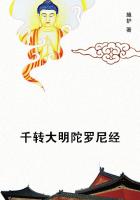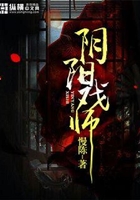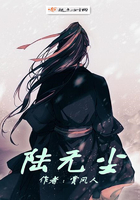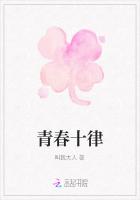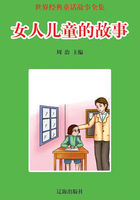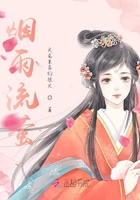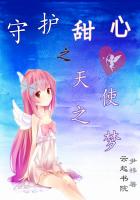Another one of the points Judge Douglas makes upon Judge Trumbull is, that when he spoke in Chicago he made his charge to rest upon the fact that the bill had the provision in it for submitting the constitution to a vote of the people when it went into his Judge Douglas's) hands, that it was missing when he reported it to the Senate, and that in a public speech he had subsequently said the alterations in the bill were made while it was in committee, and that they were made in consultation between him (Judge Douglas) and Toomb's. And Judge Douglas goes on to comment upon the fact of Trumbull's adducing in his Alton speech the proposition that the bill not only came back with that proposition stricken out, but with another clause and another provision in it, saying that "until the complete execution of this Act there shall be no election in said Territory,"--which, Trumbull argued, was not only taking the provision for submitting to a vote of the people out of the bill, but was adding an affirmative one, in that it prevented the people from exercising the right under a bill that was merely silent on the question. Now, in regard to what he says, that Trumbull shifts the issue, that he shifts his ground,--and I believe he uses the term that, "it being proven false, he has changed ground," I call upon all of you, when you come to examine that portion of Trumbull's speech (for it will make a part of mine), to examine whether Trumbull has shifted his ground or not. I say he did not shift his ground, but that he brought forward his original charge and the evidence to sustain it yet more fully, but precisely as he originally made it. Then, in addition thereto, he brought in a new piece of evidence. He shifted no ground. He brought no new piece of evidence inconsistent with his former testimony; but he brought a new piece, tending, as he thought, and as I think, to prove his proposition. To illustrate: A man brings an accusation against another, and on trial the man ****** the charge introduces A and B to prove the accusation. At a second trial he introduces the same witnesses, who tell the same story as before, and a third witness, who tells the same thing, and in addition gives further testimony corroborative of the charge. So with Trumbull.
There was no shifting of ground, nor inconsistency of testimony between the new piece of evidence and what he originally introduced.
But Judge Douglas says that he himself moved to strike out that last provision of the bill, and that on his motion it was stricken out and a substitute inserted. That I presume is the truth. I presume it is true that that last proposition was stricken out by Judge Douglas.
Trumbull has not said it was not; Trumbull has himself said that it was so stricken out. He says: "I am now speaking of the bill as Judge Douglas reported it back. It was amended somewhat in the Senate before it passed, but I am speaking of it as he brought it back." Now, when Judge Douglas parades the fact that the provision was stricken out of the bill when it came back, he asserts nothing contrary to what Trumbull alleges. Trumbull has only said that he originally put it in, not that he did not strike it out. Trumbull says it was not in the bill when it went to the committee. When it came back it was in, and Judge Douglas said the alterations were made by him in consultation with Toomb's. Trumbull alleges, therefore, as his conclusion, that Judge Douglas put it in. Then, if Douglas wants to contradict Trumbull and call him a liar, let him say he did not put it in, and not that he did n't take it out again. It is said that a bear is sometimes hard enough pushed to drop a cub; and so I presume it was in this case. I presume the truth is that Douglas put it in, and afterward took it out. That, I take it, is the truth about it. Judge Trumbull says one thing, Douglas says another thing, and the two don't contradict one another at all. The question is, what did he put it in for? In the first place, what did he take the other provision out of the bill for,--the provision which Trumbull argued was necessary for submitting the constitution to a vote of the people? What did he take that out for; and, having taken it out, what did he put this in for? I say that in the run of things it is not unlikely forces conspire to render it vastly expedient for Judge Douglas to take that latter clause out again. The question that Trumbull has made is that Judge Douglas put it in; and he don't meet Trumbull at all unless he denies that.
In the clause of Judge Douglas's speech upon this subject he uses this language toward Judge Trumbull. He says:
"He forges his evidence from beginning to end; and by falsifying the record, he endeavors to bolster up his false charge."

